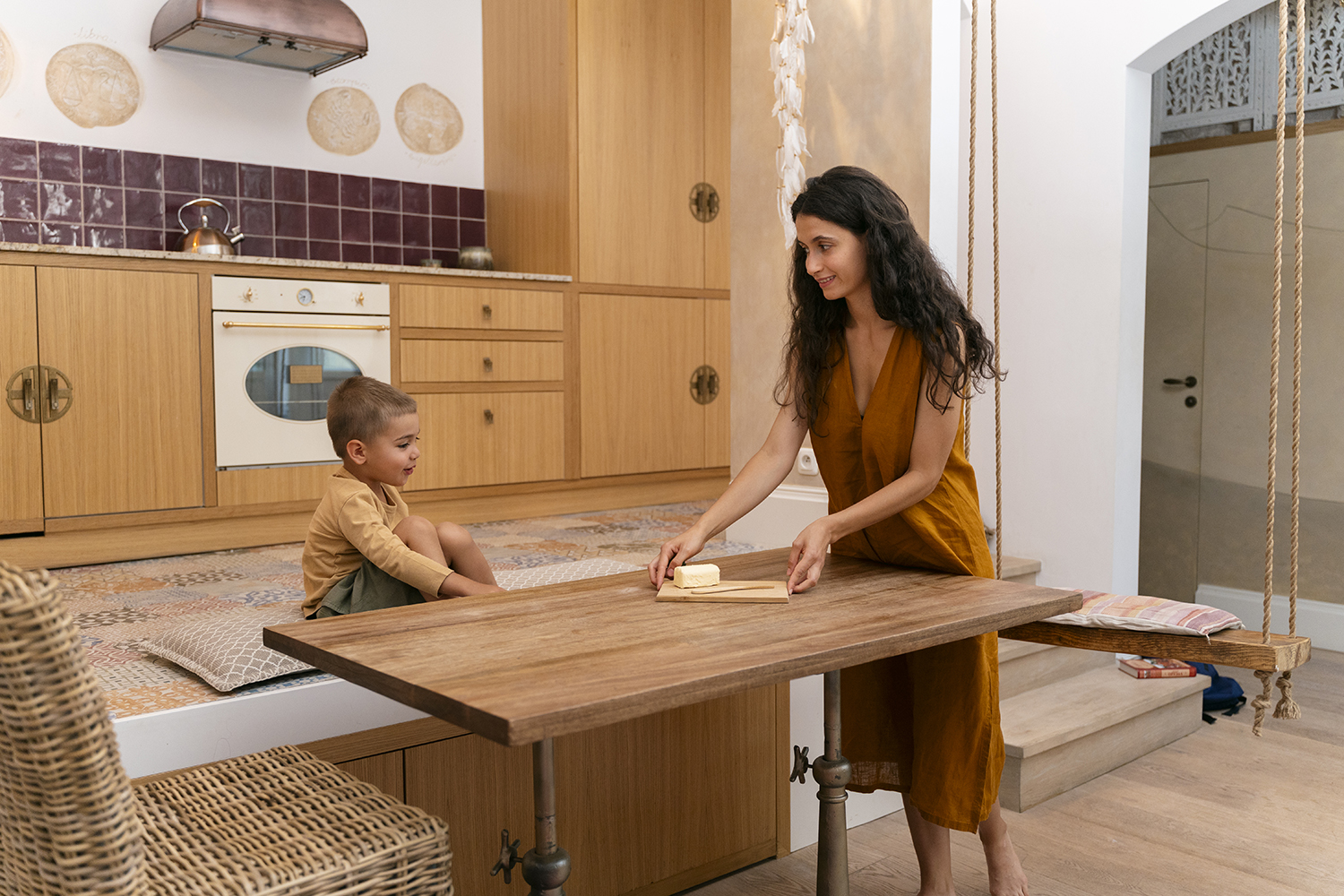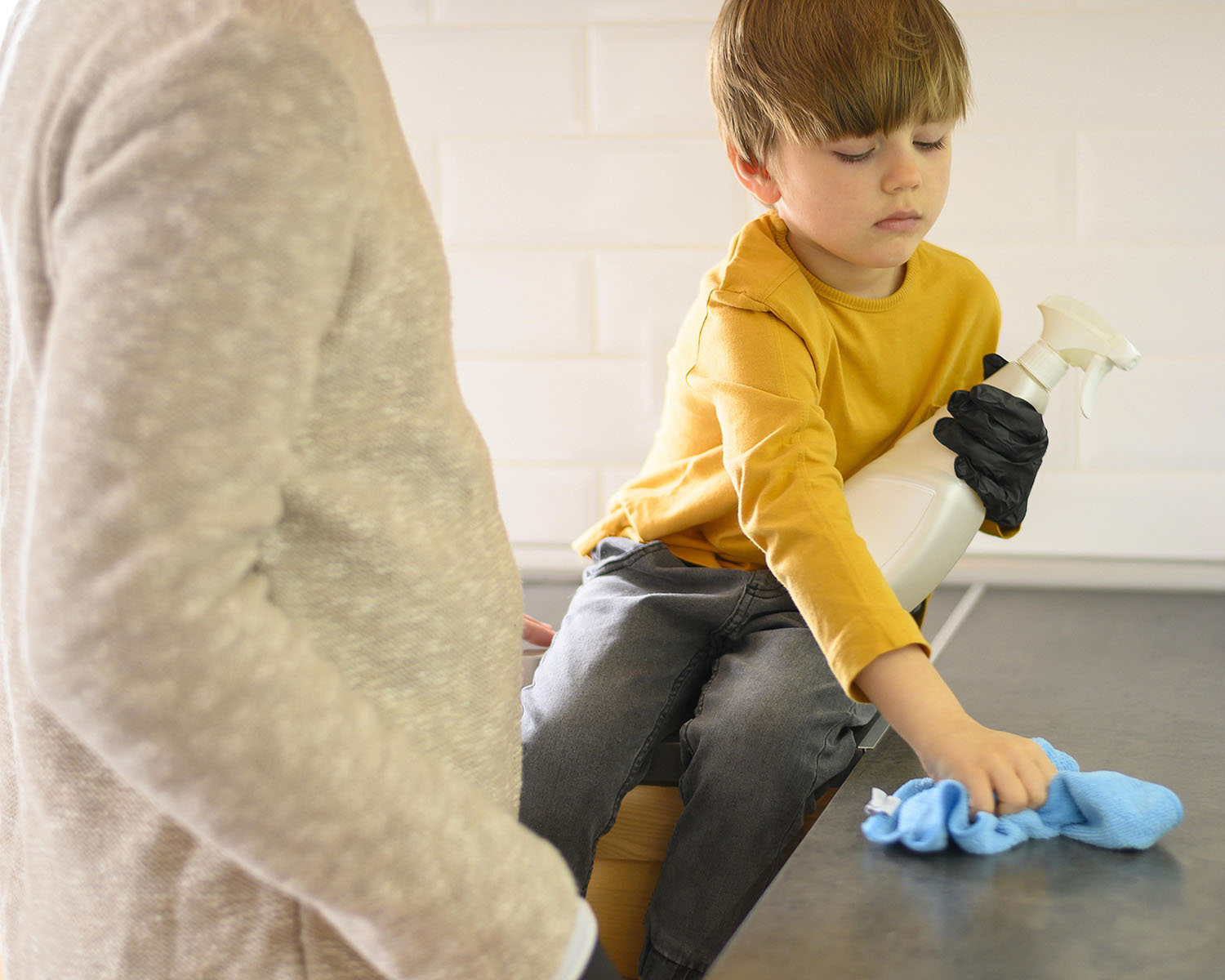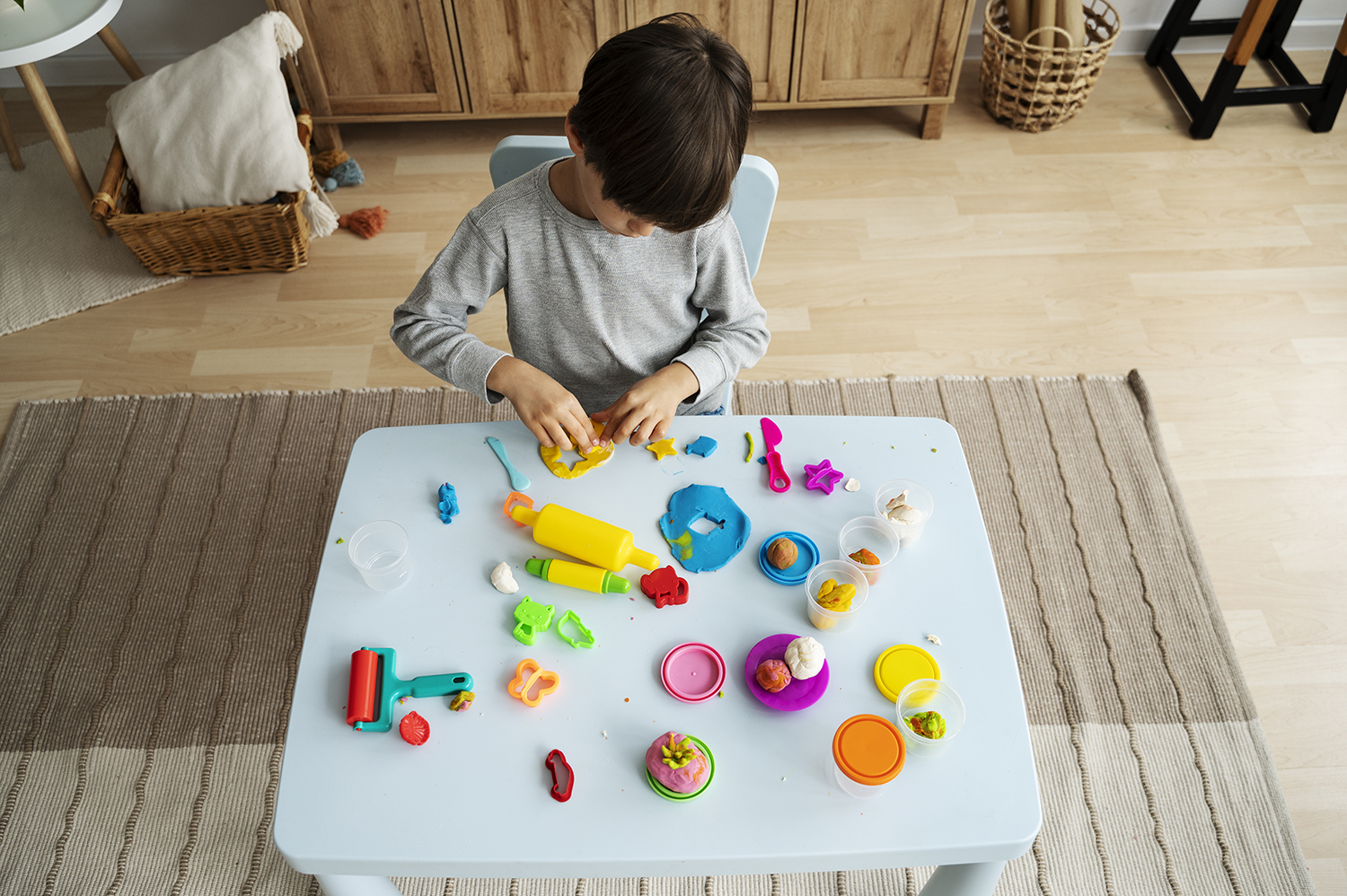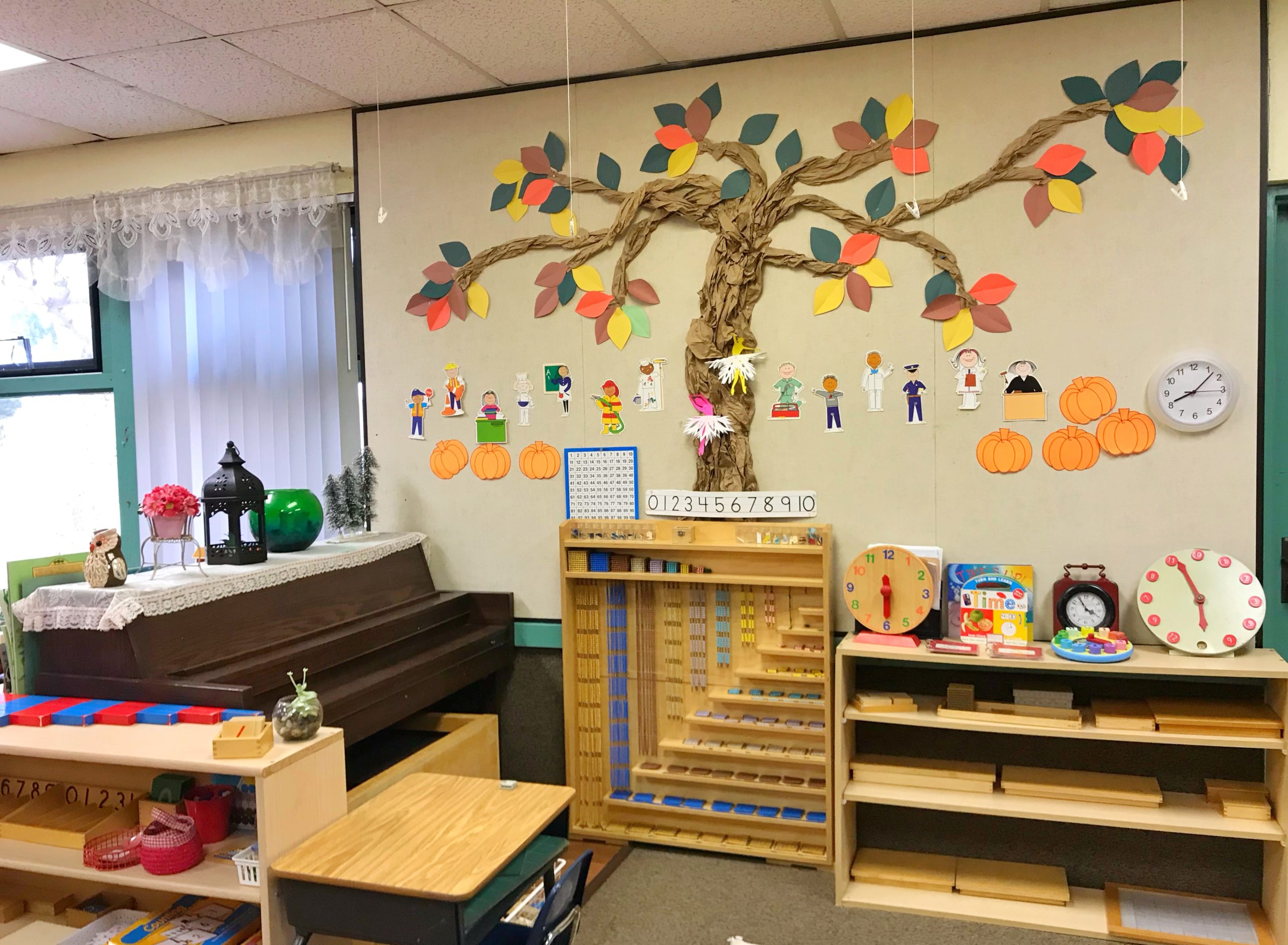
Are you struggling to find ways to involve your children in household chores? Do you worry about the potential dangers or messes that might arise? If so, the Montessori method of education could be the solution you’ve been searching for. At the Central Montessori School (CMS), we specialize in this approach and can provide guidance and tools for children to apply both in the classroom and at home.
The Montessori method is all about practical skills and natural actions. It emphasizes the value of empowering children to develop as individuals, regardless of their age. By involving children in age-appropriate activities, you can boost their confidence and independence while also creating a more harmonious environment at home.
To begin implementing the Montessori method at home, you’ll need to create a suitable environment for your child. This might involve making some adjustments to your space, such as creating designated areas for toys or modifying furniture to be more accessible for your child’s height. Check out our article on “How to Apply the Montessori Method at Home?” for more tips and ideas.
Once you have the tools you need, you can start involving your child in age-appropriate activities. The following tasks are divided by age but should be taken as a guide since every child’s abilities differ.

For children between 18 months and 3 years old, start with simple tasks like keeping their toys in their designated area, throwing away garbage, folding kitchen rags, setting the table, washing fruit, and bringing diapers or wipes. These tasks help develop fine motor skills, independence, and responsibility.
As children reach 4 to 5 years old, they can take on more responsibilities such as feeding pets, cleaning up liquid spills, making their bed, watering plants, preparing snacks, sweeping, and using a hand vacuum. These tasks build on the skills developed in the previous stage and also teach children the importance of cleanliness and organization.
For those between 6 and 7 years old, tasks can include collecting garbage around the house, folding towels, putting away clean clothes, drying dishes, removing weeds, peeling and cutting vegetables for salad, and changing the toilet paper roll. These tasks teach children the importance of contributing to the household and also develop skills such as organization and teamwork.
For children between 8 and 9 years old, they can help wash dishes, change light bulbs, start the washing machine, hang laundry, make scrambled eggs, bake cookies, take the dog for a walk, sweep the entrance, and clean the table. These tasks teach children how to take care of themselves and their surroundings while also developing more advanced skills like cooking and laundry.

Finally, when your child is around 10 years old, they can take on more advanced tasks like cleaning the bathroom, vacuuming carpets, cleaning the stove, cutting the grass, collecting mail, cleaning the car, or going to the store. These tasks teach children the importance of responsibility and independence while also developing more advanced skills like cleaning and home maintenance.
During each activity, guide your child by demonstrating how to complete it, but remember that the Montessori method encourages creativity and independent problem-solving. If your child approaches the task differently than you, let them work through it in their way. This helps them develop their problem-solving and critical thinking skills.
Most importantly, try to create a positive and harmonious environment at home where your child can enjoy the tasks as part of a daily game. Encourage your child to take ownership of their chores and praise their efforts and accomplishments. This will help build their confidence and sense of responsibility.
In conclusion, involving children in household chores using the Montessori method can be an enriching experience for both parents and children. By starting with age-appropriate tasks and offering guidance and support, parents can help their children develop important practical skills, boost their confidence and independence, and promote a positive and harmonious home environment. If you are interested in learning more about the Montessori method and nurturing your child’s creativity, consider exploring the classes and camps offered by CMS specialists. Remember, the Montessori method is not just an educational philosophy, but a way of life that can benefit your child’s development in many ways.




